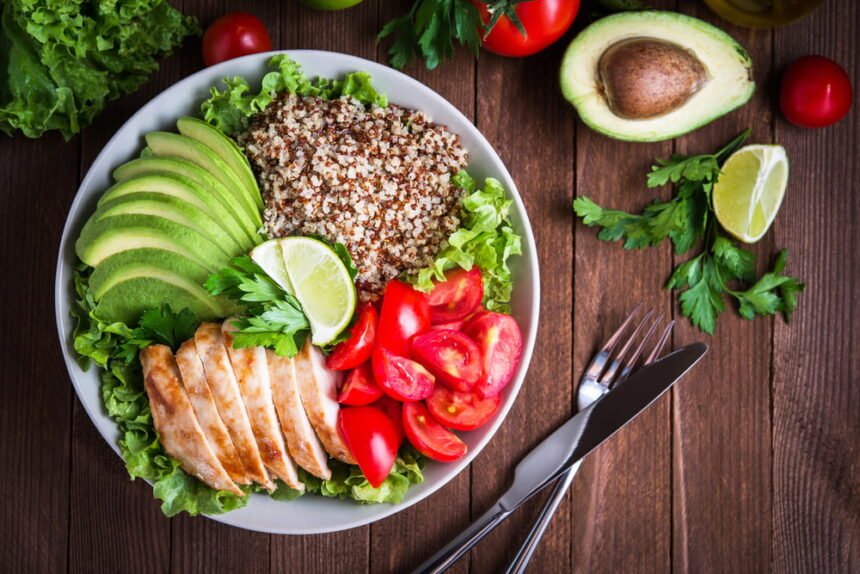Large corporate supermarkets and even some local grocery stores have flooded their counters with processed and GMO foods, and this makes it difficult to find organically grown foods. But what is the big fuss about organic foods? They are grown free of harmful chemicals, contain more nutrients, and soil is not contaminated during their cultivation. Here are some of the top reasons why organic food is better for your health and the environment:
Organic foods are not monocropped
Monoculture farming or planting only one type of plant in a large area makes them more susceptible to disease or bugs. If a disease infects one crop in the field, all the crops will be wiped out. For this reason, farmers often use chemicals that destroy everything except the crops. This is not a good farming practice because the plants heavily depend on the microbiome in the area, which works together for a healthy earth.
Organic provides more nutrients
Since organic foods are grown on soil with little or no chemicals and pesticides, they contain more nutrients such as vitamins, enzymes, minerals, and micronutrients. On average, organically grown crops have 27 percent more vitamin C, 21.1 percent more iron, 13.6 percent more phosphorus, and 29.3 percent more magnesium. If the ground is healthy, then the plants can uptake plenty of organic nutrients. Crops that are not organic take their nutrients from synthetic fertilizers, which is not very good for health and the environment.
Organic farming maintains soil health
The diverse amount of microbiome found in soil contributes to making it suitable for agriculture. However, when the land is sprayed with pesticides and herbicides, it kills these organisms making the fields less fertile. One of the good things about organic food is that farming is done without toxic chemicals. So, the land contains all the necessary factors for sustainable agriculture.
Reduces pollution and protect water and soil
All the synthetic fertilizers, chemicals, and pesticides used in farming pollute the soil, water sources, and ultimately the environment. This reduces the land value and makes it not suitable for agriculture. On the other hand, organic farming avoids chemicals and practices more sustainable methods such as crop rotation, and it does not pollute the land or depletes the earth’s natural resources.
Organic helps to avoid hormones and antibiotics in animal products
Meat and dairy products tend to take up the chemicals or other substances used in their cultivation. The EPA reports that up to 90 percent of the pesticides that Americans ingest are found in dairy products and the fat tissue of the meat. Also, in conventional farming, livestock is fed with fish meal, by-products, grains, and animal parts that contain lots of chemicals and toxins. So, we also ingest these harmful substances by eating the meat or milk from these animals.
Antibiotics, growth hormones, and drugs used to treat livestock may also pass directly into their meat. Approximately 70 percent of the antibiotics manufactured in the US are fed to animals. Some farmers also inject their cattle with growth and sex hormones to augment their milk and meat.
All of these drugs, hormones, and chemicals are known to affect our health and well-being directly. They are associated with a high risk of cancer, early onset of puberty, tumors, and even genetic problems. That is why choosing organically grown food is essential to the environment and our overall health.
Organic farming supports pollinators
Pollination is an integral part of plant reproduction, and it is carried out naturally by wind or insects. When we use pesticides in the fields, it does not differentiate between good and bad bugs. All of the insects are affected evenly, and we decrease the chances of pollination. Organic and sustainable farming ensures that good insects such as bees thrive on the farm and help in pollination.
Final thoughts
As the world’s population continues to grow, farmers are under pressure to meet the ever-growing demand for food. This has led to agricultural techniques aimed at mass production, ignoring their effects on the environment and human health. However, switching to organic food will force farmers and large corporations to use more sustainable methods, good for the environment and our health.







